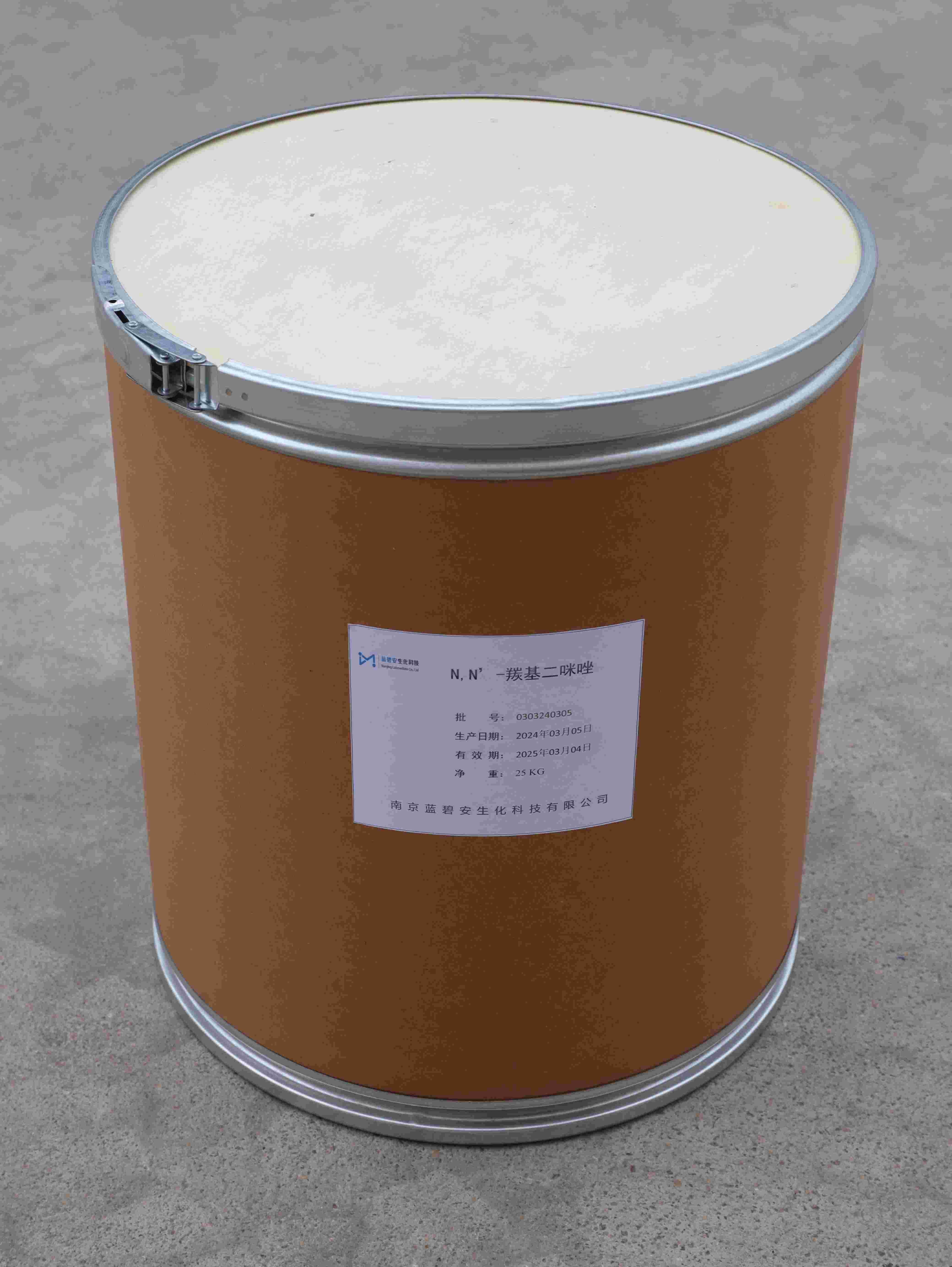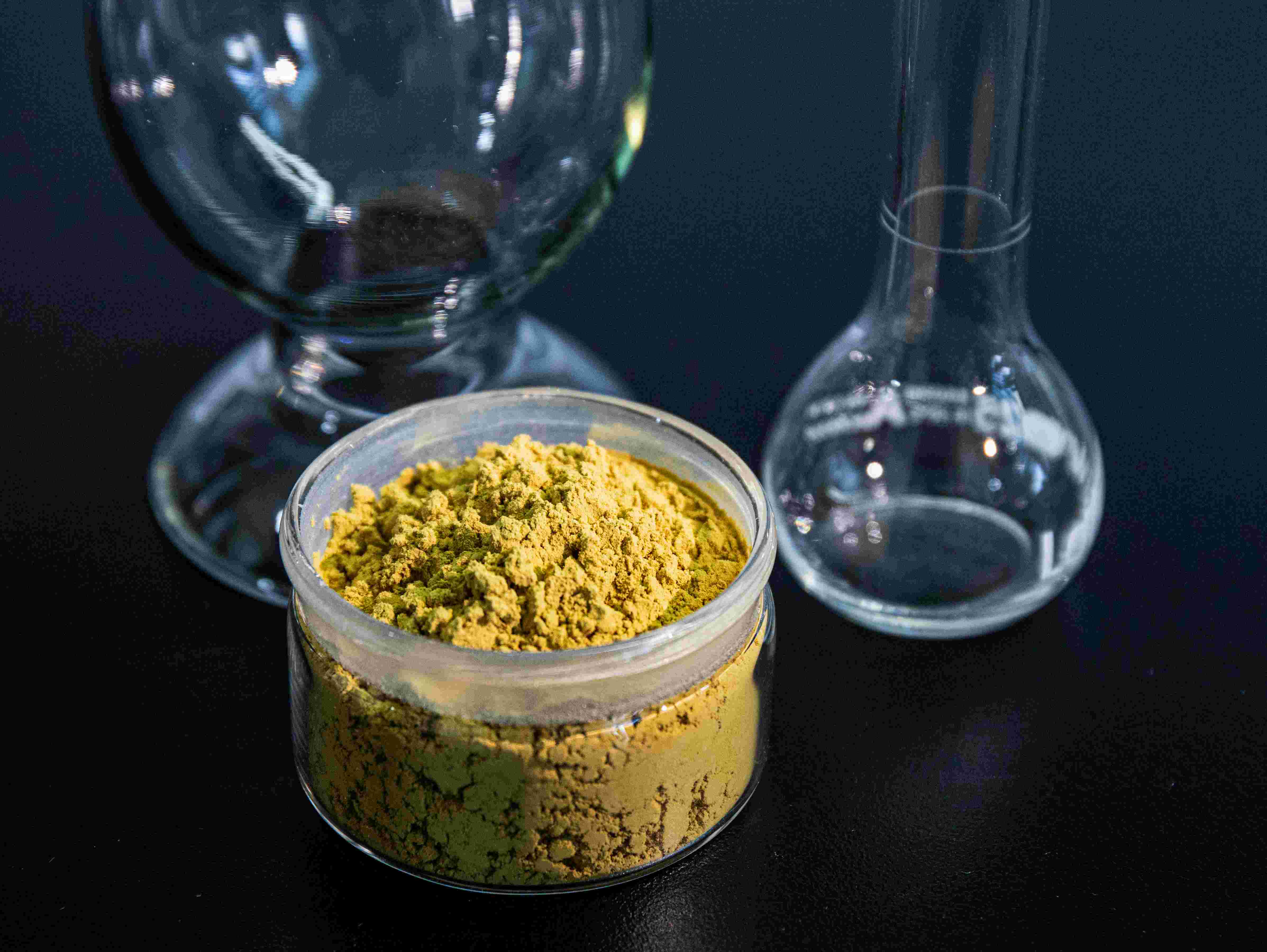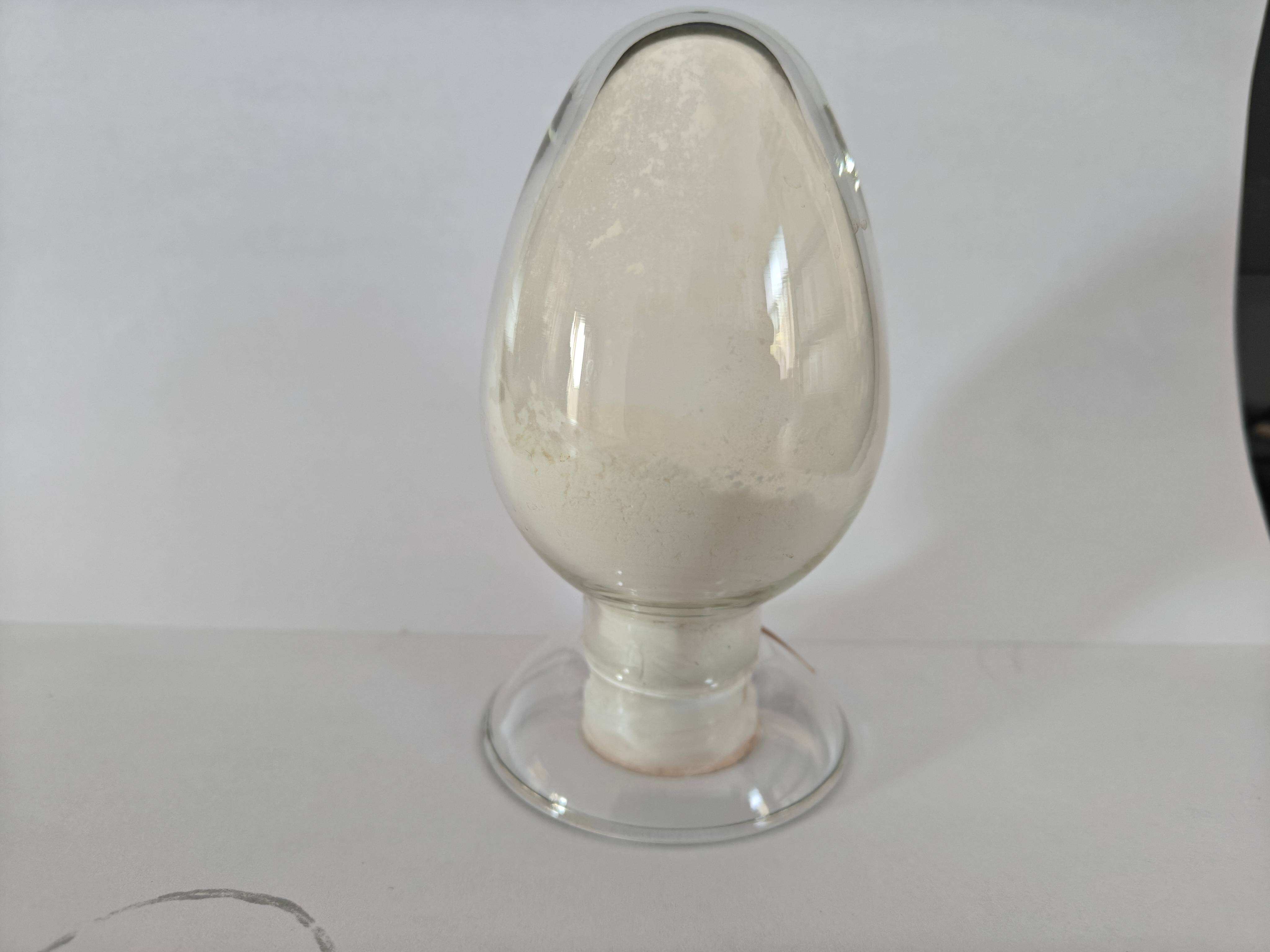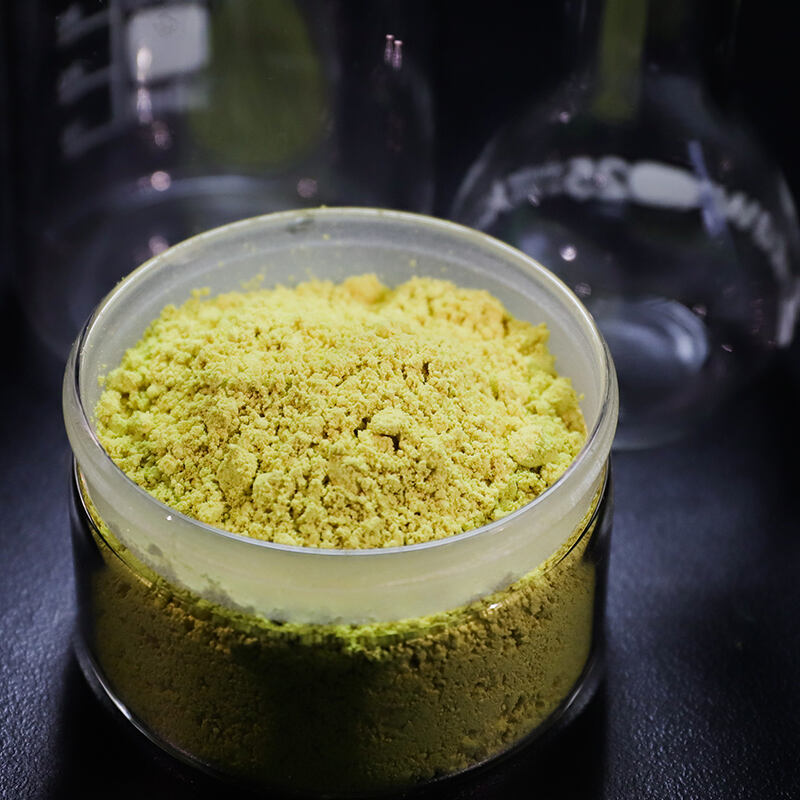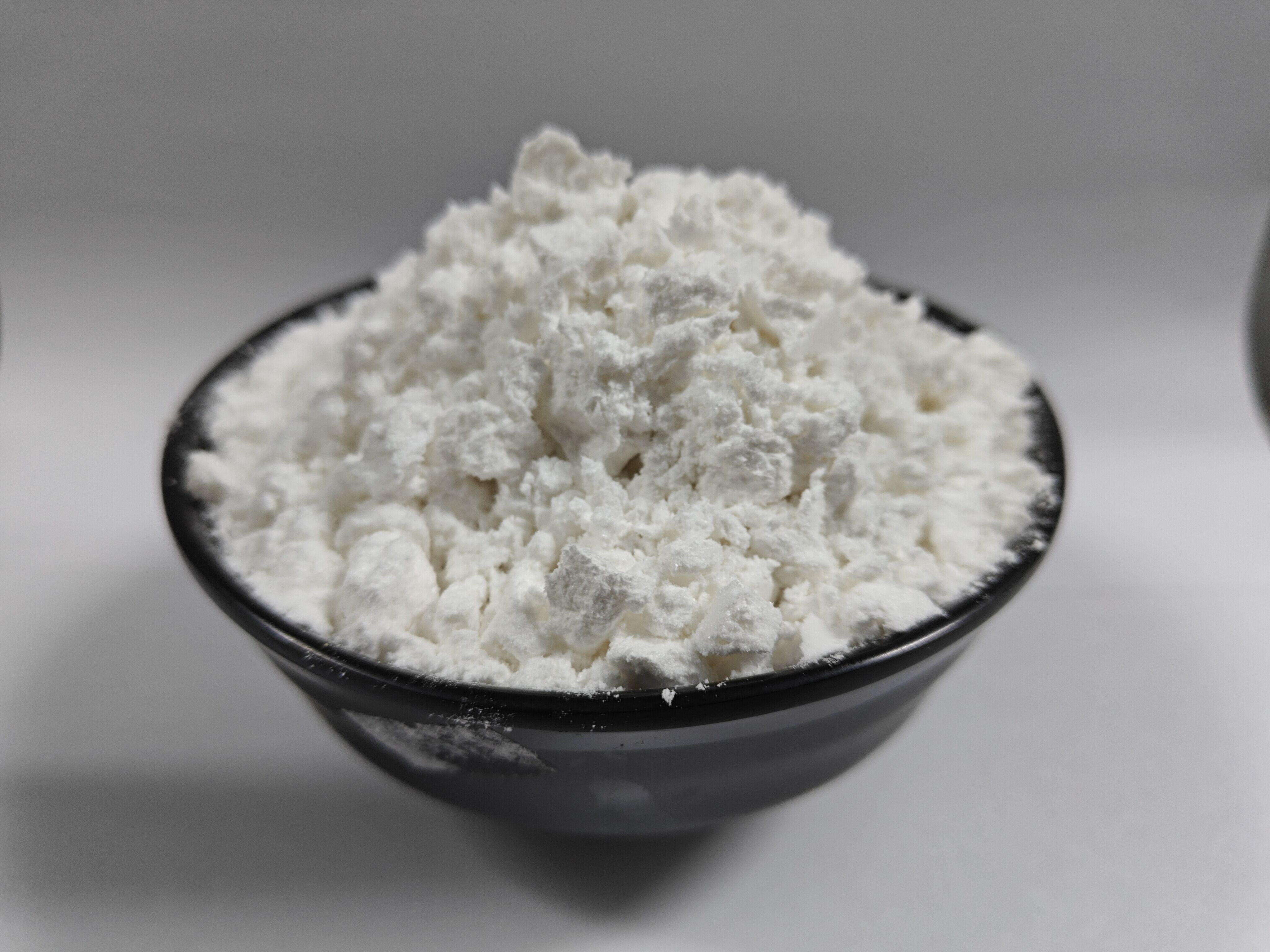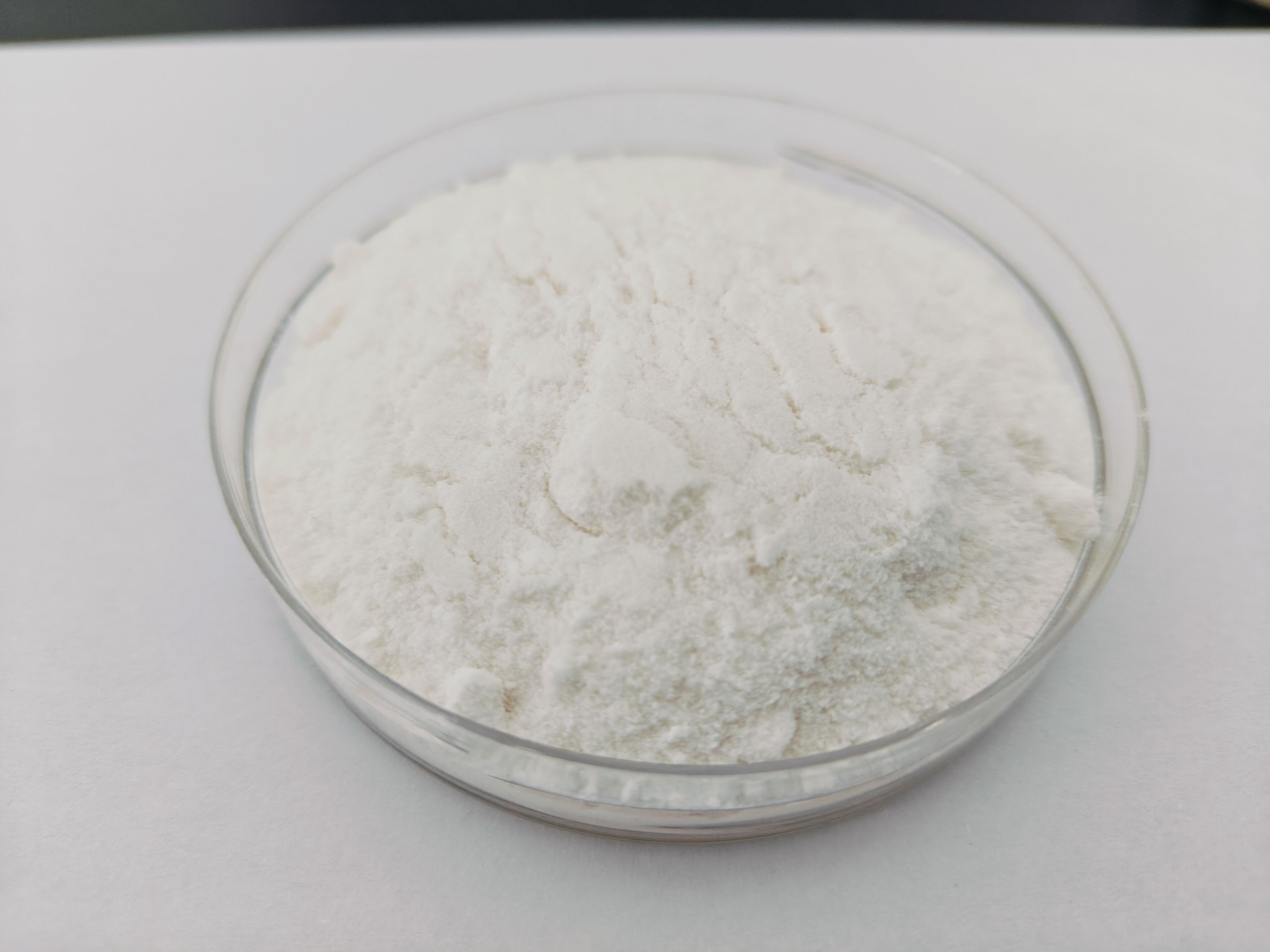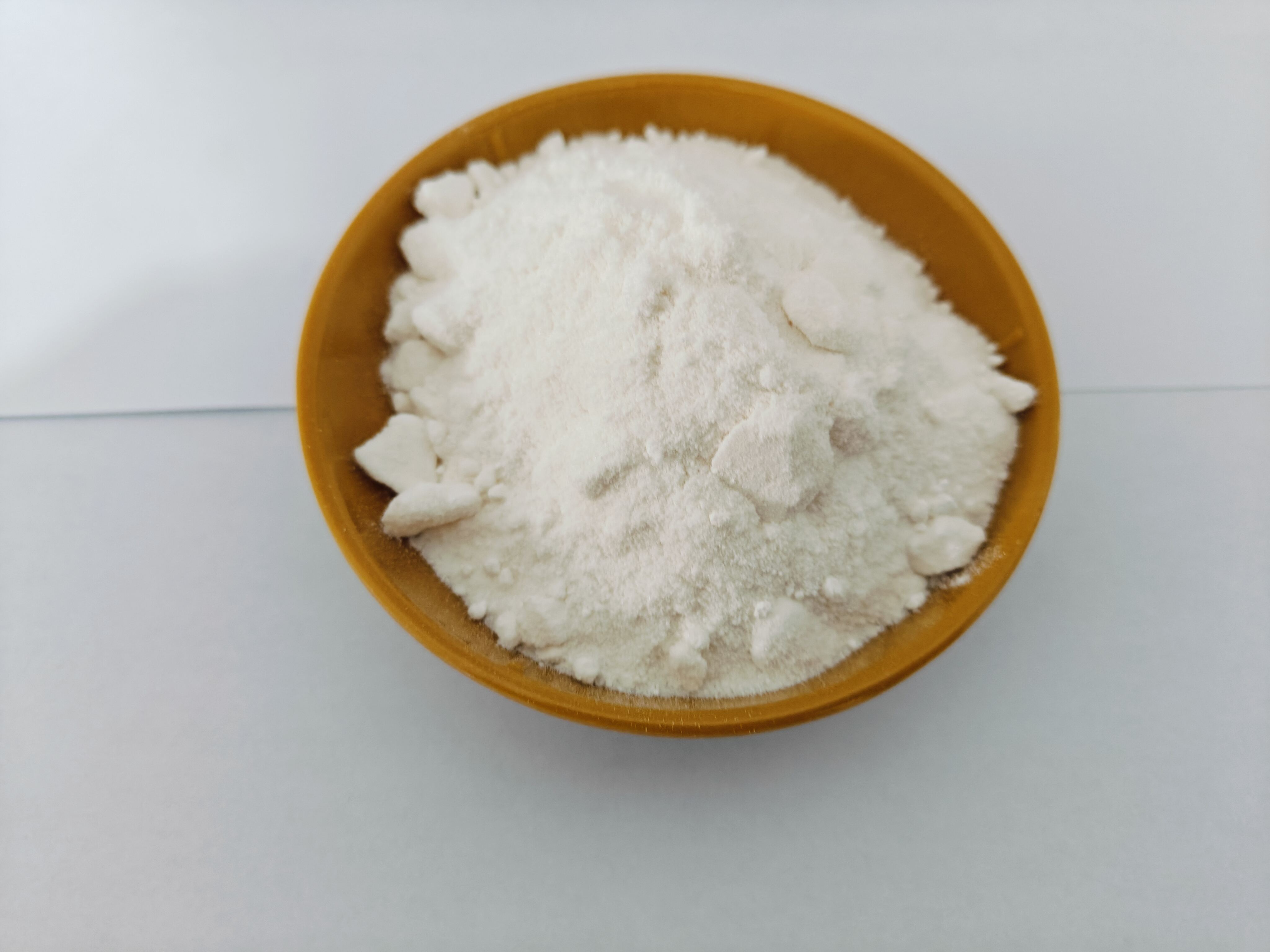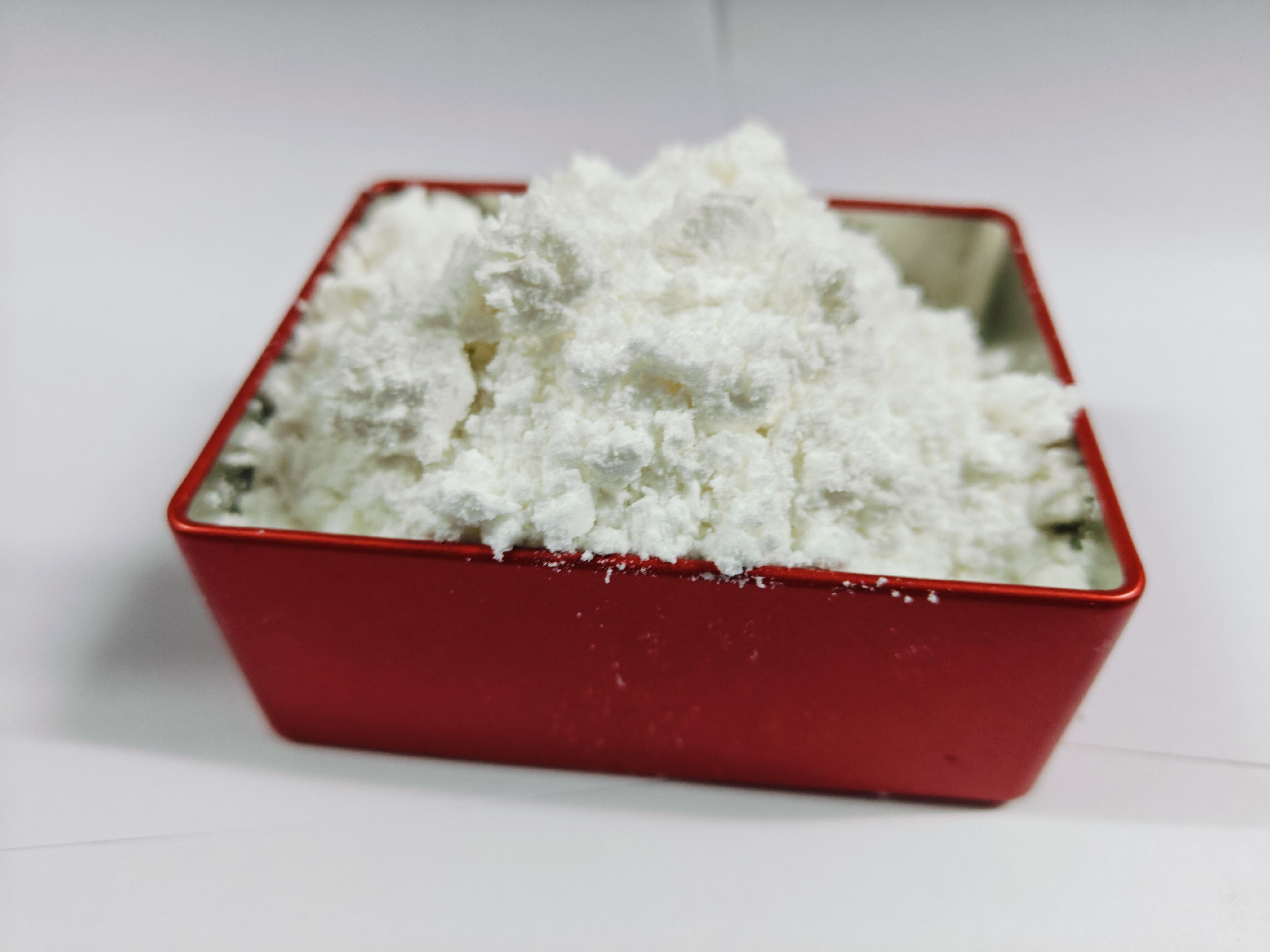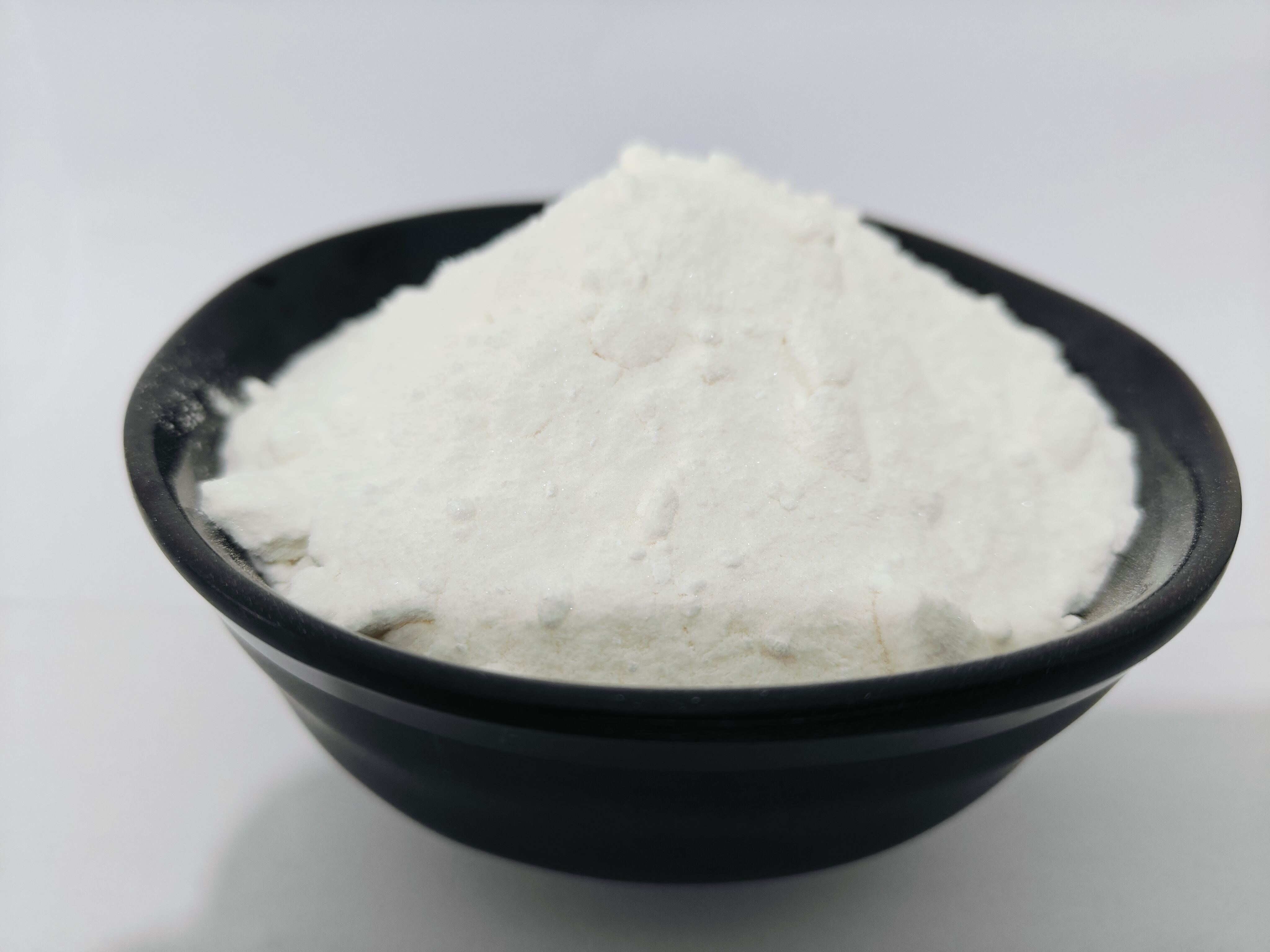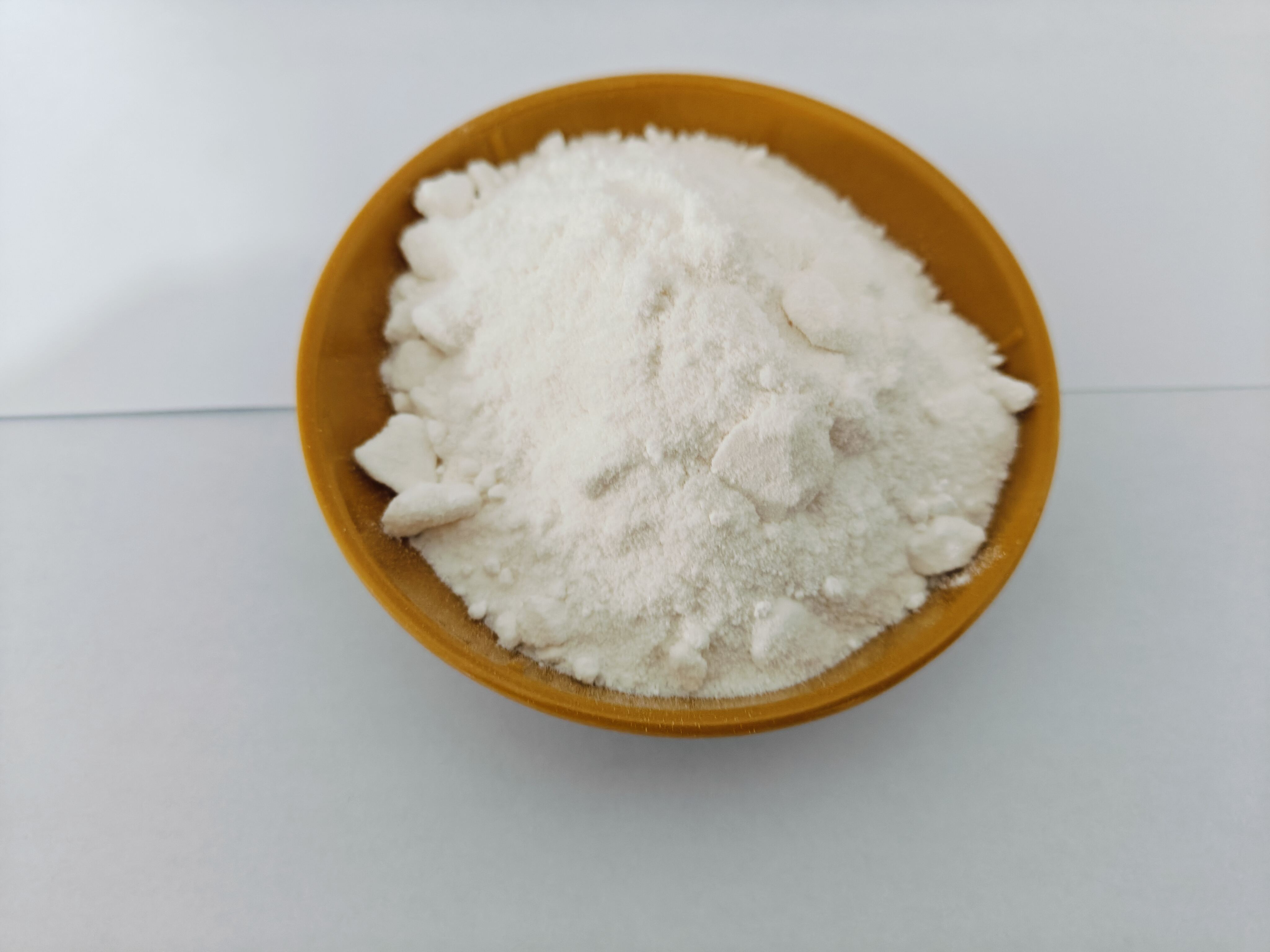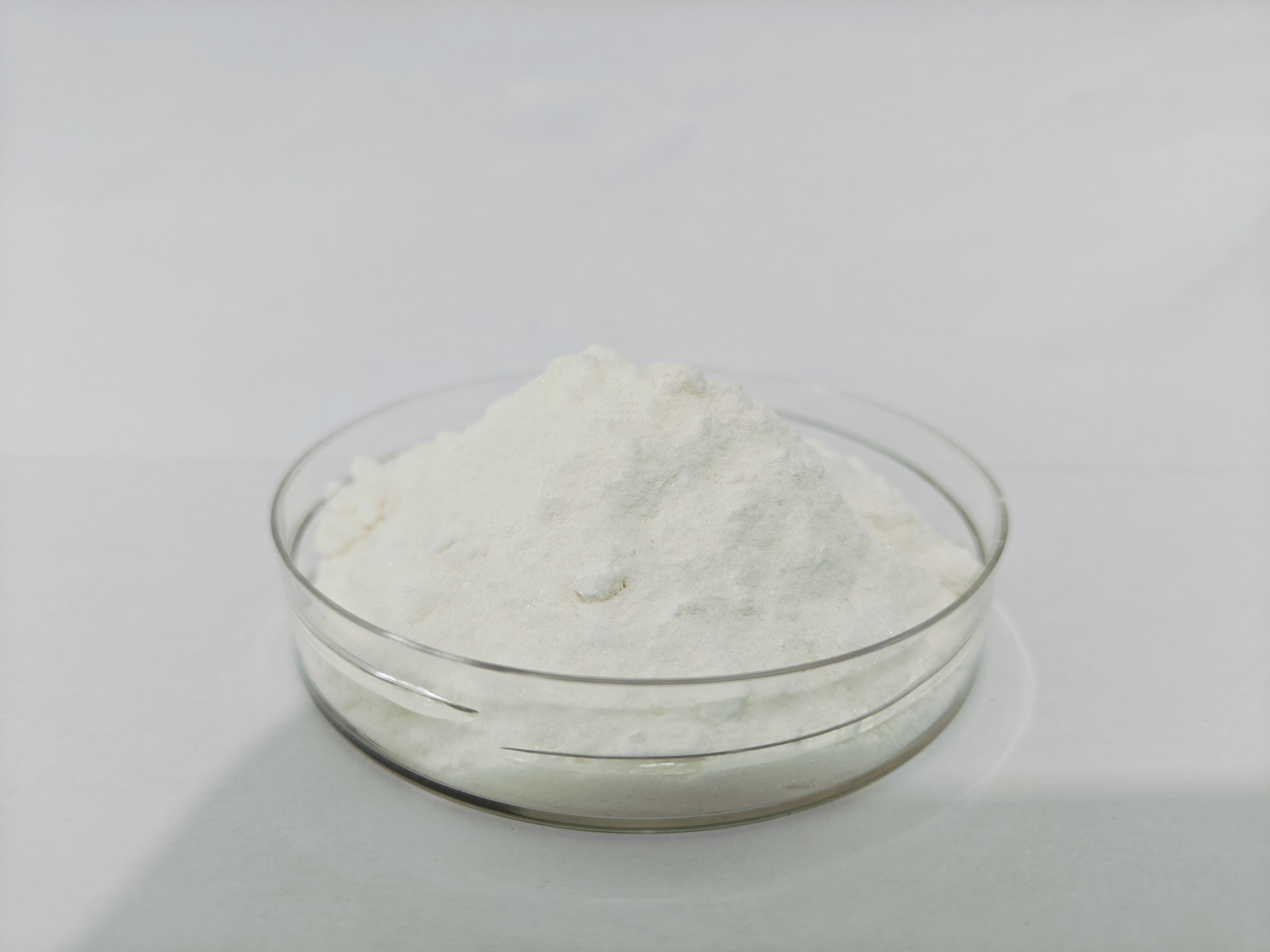gelation time
Gelation time refers to the period required for a liquid or solution to transform into a gel state, representing a critical parameter in various industrial processes and material science applications. This fundamental process involves the formation of a three-dimensional network structure that transforms a fluid substance into a semi-solid state. The measurement and control of gelation time are essential in numerous industries, including polymer manufacturing, food processing, pharmaceuticals, and construction materials. During the gelation process, molecules interconnect through chemical or physical bonds, creating a complex matrix that provides structural stability and desired material properties. The precise monitoring of gelation time enables manufacturers to optimize production schedules, ensure product quality, and maintain consistency in their final products. Modern technology allows for accurate measurement of gelation time through various methods, including rheometry, viscometry, and spectroscopic techniques. These measurements help in determining the optimal processing conditions, such as temperature, pH, and catalyst concentrations, which directly influence the final product's characteristics. Understanding and controlling gelation time is particularly crucial in applications requiring specific setting times, such as in dental materials, construction adhesives, and food products, where timing can significantly impact the end product's performance and user experience.

